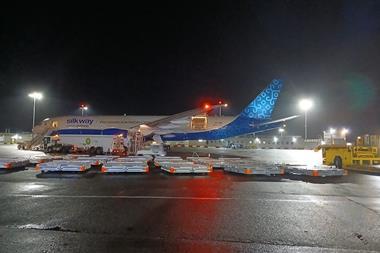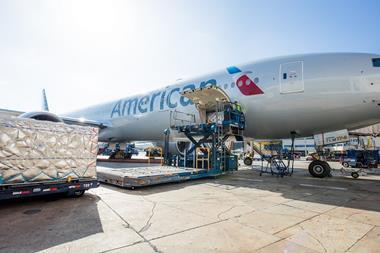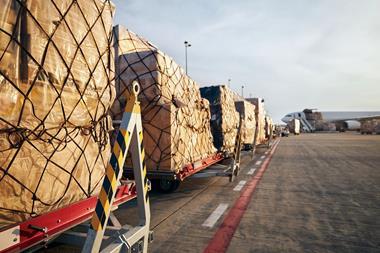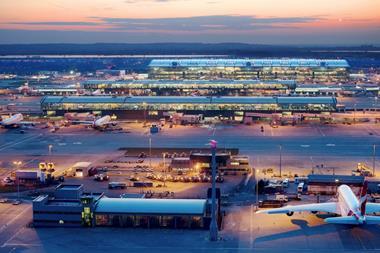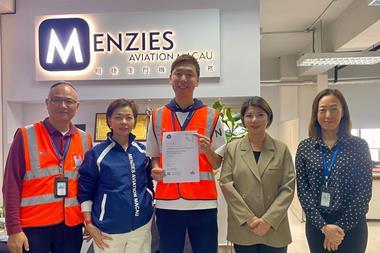Frankfurt-Hahn airport filed for bankruptcy in October.
Obviously it did not help that HNA Group, which had 82.5% of the ownership (with the remainder held by the German state of Hesse), has been in dire straits for some time and clearly not in a position to lift activities at Hahn, but the airport has struggled through most of its life as a commercial entity.
Hahn’s predicament shows that the current boom times that are buoying the air cargo sector alone may not be enough to keep the fortunes of an airport aloft.
The past 18 months have suggested that cargo airports were more or less on autopilot to succeed.
With airfreight going gangbusters and traditional gateways clogged up, they were the natural winners to soak up all those freighter and preighter and passenger cargo flights that the big hubs were struggling to accommodate.
Witness the fortunes of the likes of Rickenbacker, Rockford, Leipzig or Liege, which have thrived.
Hahn has had its share of freighter operations, such as Senator’s transatlantic flights and Silkway West’s 747 freighter activities, but these were not enough to stave off bankruptcy.
Liege, on the other hand, seems to be going from strength to strength. The airport has established itself as a key European gateway for intercontinental e-commerce flows.
The airport’s management quickly realised that traditional tactics would be out of place.
E-commerce is neither general cargo nor express freight. Not only does it have different requirements in terms of handling space, but the whole approach is different.
E-commerce players do not set up logistics in the traditional manner, noted Bert Selis, the airport’s vice-president of air cargo and logistics. Instead, they build digital flows first and then construct physical flows to match those.
This changes the role of an airport – it becomes a place in a chain where data connect.
The implications are far reaching. To begin with, IT infrastructure has to be built using the cloud, as data flow from one link in the chain to the next is not sufficient. Digital processes, including customs clearance, are essential.
E-commerce may be ahead of other types of air cargo, but many of those changes it requires are also on the cards for the rest of the industry. Airport operators should pay heed if they intend to develop their cargo business.










